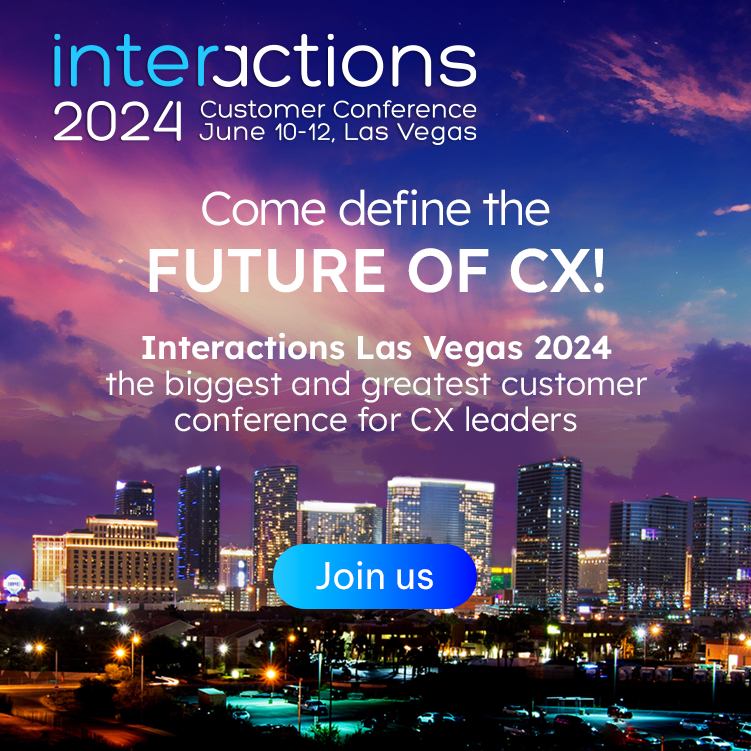When consumers think of exceptional customer experience, two things come to mind: quick resolution and personalized services. In the B2B realm, the same priorities ring true. No matter who your customers are, buyers of all shapes and sizes have the same general customer service wish list. They want products and services to function as advertised, and expedient resolution of issues. But, a key difference is that what might be an inconvenience for a consumer, could have catastrophic consequences for an enterprise. If the Wi-Fi is out when you want to stream Netflix, that’s frustrating. If systems management software shuts down, that could bring an entire business to a grinding halt.
Get Them Back to Business Faster
All customers expect their issues to be resolved in the fastest way possible – the recent NICE CXone CX Transformation Study found that speed is the leading indicator of exceptional customer experience. In many cases, what keeps agents from providing exceptional and speedy customer experiences is a clunky interface or redundant tools. The problem is clear: agents simply cannot find information fast enough because their tools are a hindrance, not an enabler. To overcome this, contact centers need to empower agents with advanced analytics and workforce optimization technologies, and put all the information and customer context that agents need, right in front of them in one unified solution for each interaction. This enables them to do their job better, and get your customers back to running their businesses faster.
Personalization is the Rule, Not the Exception
Speed isn’t the only factor that matters, though – customers expect every interaction to be personalized, too. Personalization is about tailoring responses and meeting each customer’s expectations, based on their individual preferences. B2B customers typically spend much more money on services and are generating business revenue related to those services. There is more at stake than in B2C interactions – B2B expectations for personalization can be more stringent than those of B2C customers. They expect that whomever they speak with has all relevant information about them – their wants and needs, their likes and dislikes. B2B customers want agents to know their business requirements, preferences and purchase history, without having to explain each time they initiate a new interaction. Even more, they expect contact centers to know their entire customer journey to better understand and troubleshoot their problems with real-time context, no matter which channel they are using.
Specialization as a Differentiator
For B2B companies, there is even more pressure to take customer experience beyond personalization, and deliver specialization. Specialization is about getting a B2B customer to the person with the right skills to meet or exceed the customer’s expectations. Each customer is unique, and they expect your business not only has the right data to know their interaction history, but that you can match them with the right person to meet their unique business needs.
Think about specialization this way. If you’re a technology provider, and you work with companies that use multiple products, your customers need confidence that you understand how to deal with their experiences and requirements to better help them troubleshoot and solve issues. Now, let’s assume your customer is in the healthcare space. When a customer calls about an issue with a specific product – they need to be directed to an agent that understands the healthcare industry, and who has the correct technical skills to solve their concern. By combining a high level of specialization with the personalization driven from the information in your CRM system, this reinforces your company’s commitment to the customer and increases their loyalty to your business.
Modern contact centers depend on customer analytics and omnichannel routing to enable this level of personalization and specialization that’s necessary to deliver excellent B2B customer experiences. Leveraging a unified customer experience cloud platform, they can provide highly specialized and engaging experiences, matching the right agent to the right customer while optimizing each channel to deliver speedy service – minimizing business disruption for their customers. Using modern cloud customer experience technology enables agents to work faster and smarter by providing a speedy, seamless omnichannel platform. Focus on building the technology foundation for a customer journey that is quick, contextual and specialized, to keep their businesses running, and your customers coming back.




